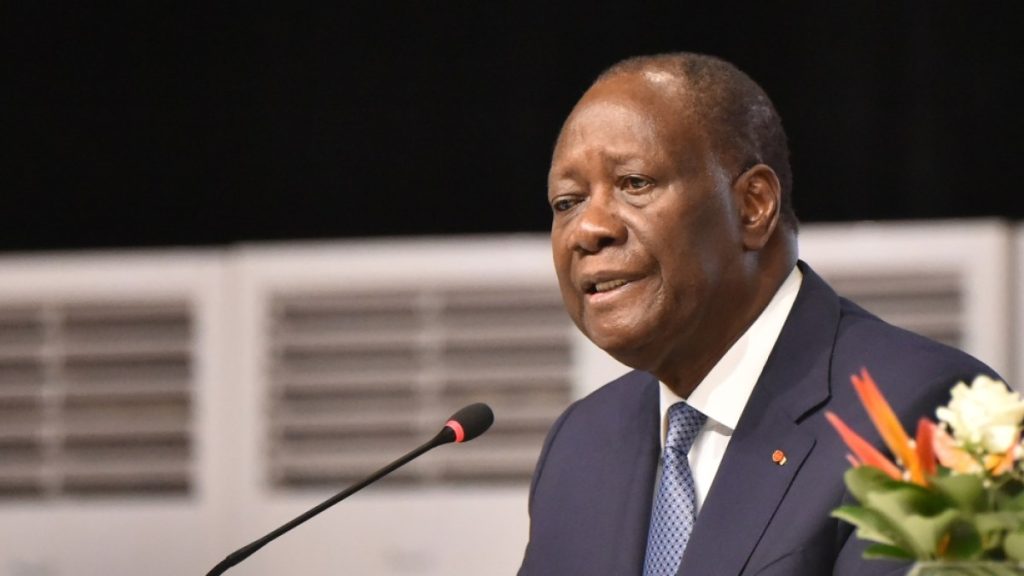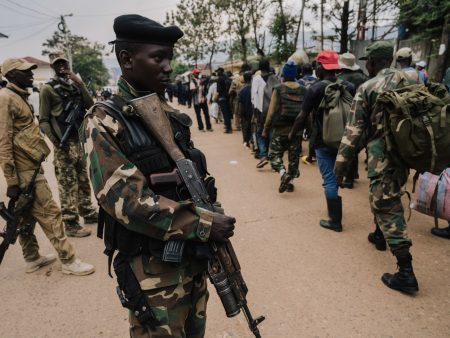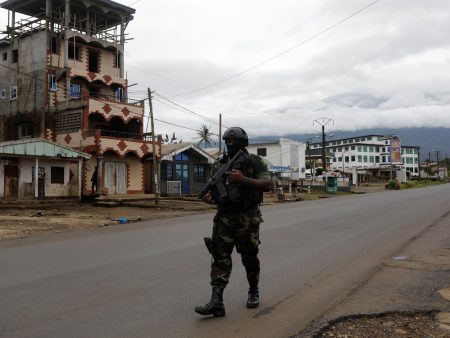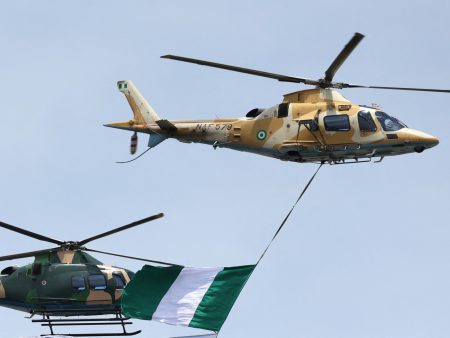The recent announcement by Ivory Coast President Alassane Ouattara, declaring the departure of French troops from the country by January 2025, marks a significant shift in the West African nation’s relationship with its former colonial power. This decision aligns Ivory Coast with a growing trend across the region, where several countries have opted to downscale or sever military ties with France. The move reflects a broader reassessment of France’s role in Africa, driven by a complex interplay of factors, including rising local resentment against perceived neocolonial influence, the emergence of new geopolitical partnerships, and the desire for greater national sovereignty.
Ivory Coast’s decision, following similar moves by Mali, Burkina Faso, and Niger, underscores a palpable shift in the regional security landscape. These nations, having experienced periods of political instability and facing persistent security challenges, are increasingly seeking to diversify their security partnerships and assert greater control over their defense strategies. While France has maintained a substantial military presence in the region for decades, ostensibly to support counterterrorism efforts and regional stability, its presence has become increasingly contested. Local populations, fueled by historical grievances and perceptions of continued French interference in their domestic affairs, have voiced their discontent, putting pressure on their governments to re-evaluate their relationships with Paris.
The move by Ivory Coast also highlights a growing desire among African nations to chart their own course, independent of former colonial powers. This sentiment is particularly pronounced in countries grappling with internal conflicts and seeking to forge new alliances that better align with their national interests. The emergence of Russia as a potential security partner in the region, exemplified by its growing influence in Mali and Burkina Faso, further complicates the dynamics at play. These nations, having expelled French troops, have subsequently embraced closer ties with Moscow, signaling a willingness to explore alternative security arrangements. This shift reflects not only dissatisfaction with France but also a pragmatic pursuit of partnerships that can provide much-needed military support and training.
France’s response to these developments has been multifaceted. While acknowledging the changing landscape, French officials have emphasized the need for a revised approach to its military engagement in Africa. This involves a shift away from large-scale deployments towards a more targeted and collaborative approach, focusing on capacity building and intelligence sharing. The withdrawal of troops from several West African nations is part of this broader strategic recalibration, aimed at adapting to the evolving realities on the ground. However, the implications of this restructuring remain to be seen, as France seeks to maintain its influence in the region while navigating the complex political and security challenges.
The departure of French troops from Ivory Coast, while part of a broader regional trend, also carries specific implications for the country’s own security trajectory. President Ouattara has emphasized the growing capacity and modernization of the Ivorian armed forces, suggesting a confidence in their ability to assume responsibility for national security. This reflects a broader effort by African nations to invest in their own defense capabilities and reduce reliance on external military support. However, the transition period and the long-term implications of this shift remain to be seen, as Ivory Coast navigates the complex security challenges in the region, including the threat of cross-border terrorism and instability.
In conclusion, Ivory Coast’s decision to end French military presence represents a significant turning point in the relationship between the two countries and reflects a wider trend across West Africa. This move is driven by a confluence of factors, including rising anti-French sentiment, the desire for greater national sovereignty, and the emergence of new geopolitical partnerships. The departure of French troops signifies a shift in the regional security landscape, with African nations increasingly seeking to chart their own course and explore alternative security arrangements. The long-term consequences of this shift remain to be seen, as both France and the West African nations grapple with the evolving security dynamics and the pursuit of stability in a complex and rapidly changing global environment.









